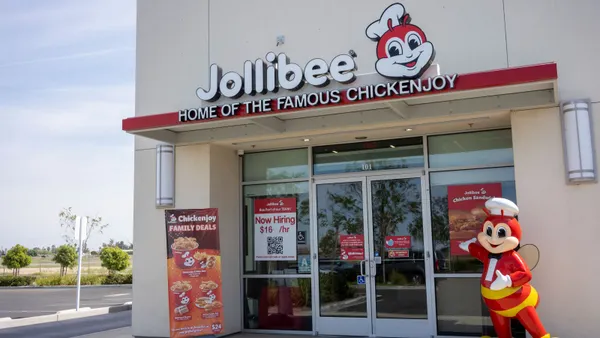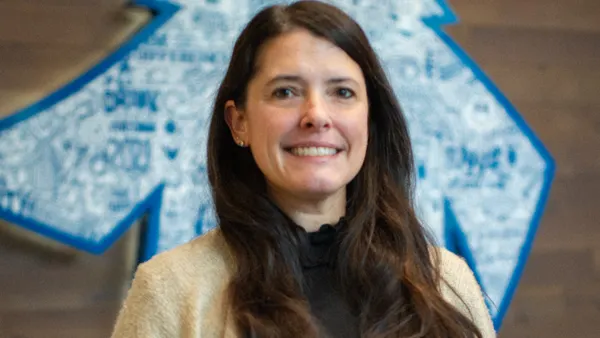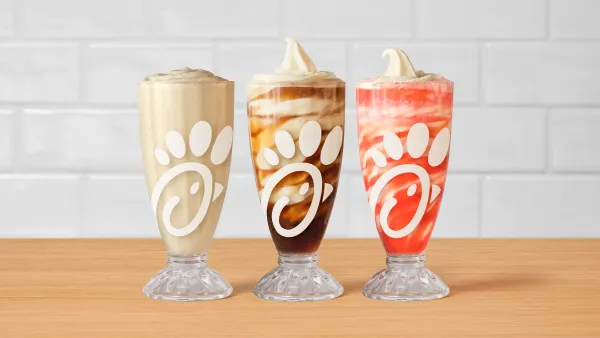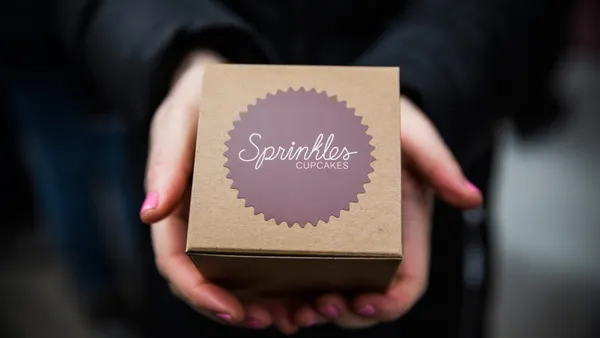Diners walking into a Chipotle sometime between 2015 and 2017 in New York would have been welcomed by a sign telling them where they could pick up faxed orders.
"Who was using a fax in 2016?" Peter Saleh, managing director and research analyst at BTIG, said. "They were so far behind on the digital investments."
Fast forward to 2020, and Chipotle’s digital business — which includes its app, website and delivery, mobile pickup lanes, digital makeline and its loyalty program — helped drive sales when dining rooms were closed during the pandemic.
"Without that digital platform, I think they would have been in a lot of trouble," Saleh said.
Chipotle’s digital sales grew rapidly during the first nine months of the year, rising 202% to reaching nearly $2 billion by the end of the third quarter and making up half of overall sales for the period. CEO Brian Niccol said the digital business could exceed $2.5 billion by the end of the year during a call with investors in October.
"Digital was very, very sticky even as dining rooms opened up," Chipotle CFO Jack Hartung said. "I don’t see us returning anywhere near 20% [as] before the pandemic. … I would be surprised if we dip below 40%."
Built into its app and web ordering also is its Chipotlanes, which it originally rolled out in 2019 to allow customers to pay digitally and pick up their orders at a drive-thru style window. Chipotlanes were so successful in increasing store-level metrics that the company pivoted its future real estate portfolio to include this feature. Then in November, the burrito chain made another big move with the addition of its first digital-only restaurant in New York.
Going forward, Chipotle will work on investing in its digital platform and its 17 million-member loyalty program, Hartung said.
A shift in marketing, menu strategy
But it isn’t just Chipotle’s digital platform driving sales. The company also changed its marketing strategy and has developed new menu innovations, Saleh said. Former CEO Steve Ells was against national TV advertising, instead focusing on grassroots marketing, Saleh said, but when Niccol became CEO, he scrapped that plan and invested in national media, rolling out campaigns like "For Real" to highlight fresh foods.
"The way their marketing has changed over the past year and a half, two years, [is] going to be a meaningful driver for several years to come," Saleh said.
Under Ells, the company didn’t change its menu either, Saleh said. But since 2019, the chain has moved toward introducing one to two new products each year. In 2020, the company brought back its carne asada and expanded its beverage line to include lemonades, agua frescas and tea from Tractor Beverage Co. It also has plans to use more locally sourced produce and invest more in farmers, Hartung said.
An efficient supply chain and workforce
Chipotle’s supply chain, which tends to source from local producers, also kept operations running smoothly during the pandemic. Before COVID-19 disruption, sales were up 13% and 14% during the first two months of the year, Hartung said.
As the outbreak grew, the company closely monitored its supply chain, leaving the chain with only small outages across one or two restaurants even as demand increased digitally, Hartung said.
The restaurant also benefits from the fact that its stores are entirely company owned.
"The biggest advantage is we can make quick decisions for the long term," Hartung said. For example, the company paid $6.5 million in discretionary bonuses to field leaders, apprentices and managers in April, in addition to increasing hourly worker pay by 10% for employees working between March 16 and June 7. If it were franchised, a boost in pay would have to go through franchisees, many of whom might not have the capital to afford it, Hartung said.
The company, which employs about 90,000 people, also offers extensive employee benefits, including paid sick leave and on-call nurses. In 2019, it also rolled out a quarterly bonus program for store-level employees, which helped boost retention.
"If we invest in digital, food and people, ... we will be successful for a very long time," Hartung said.



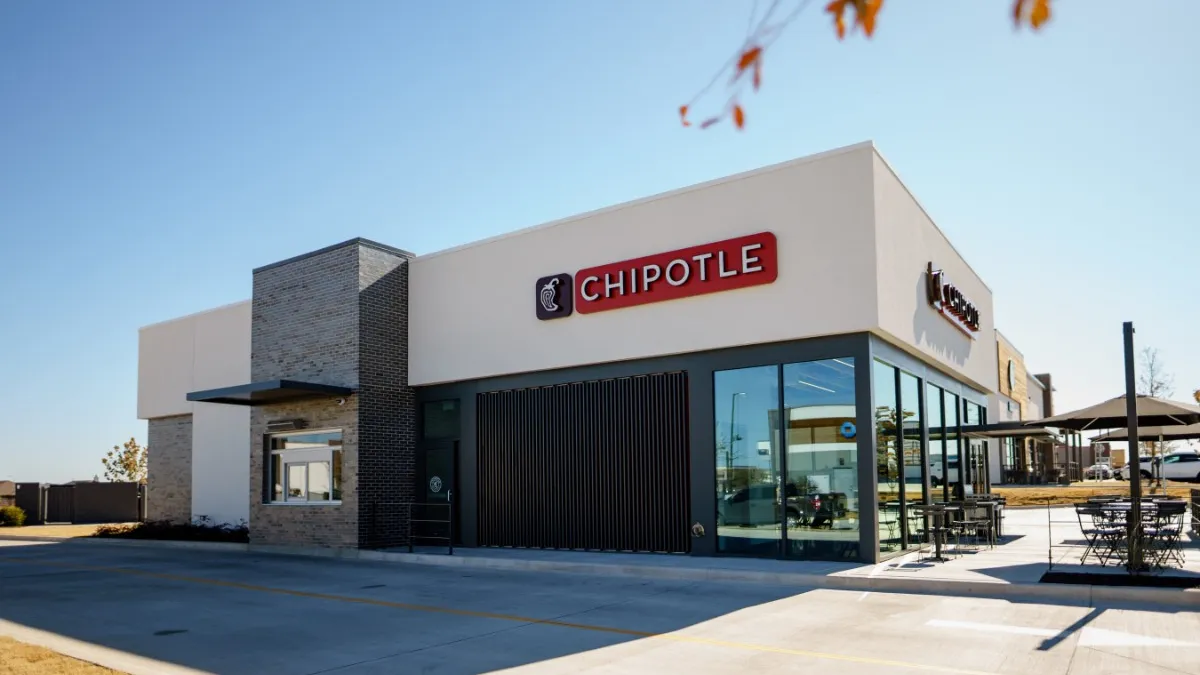
 Read more
Read more




